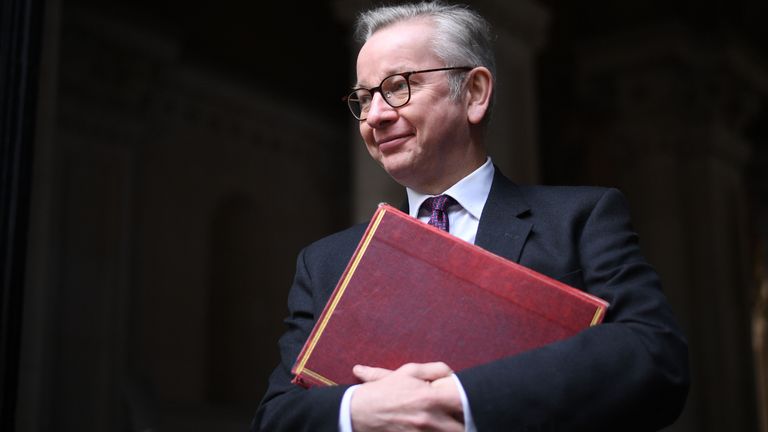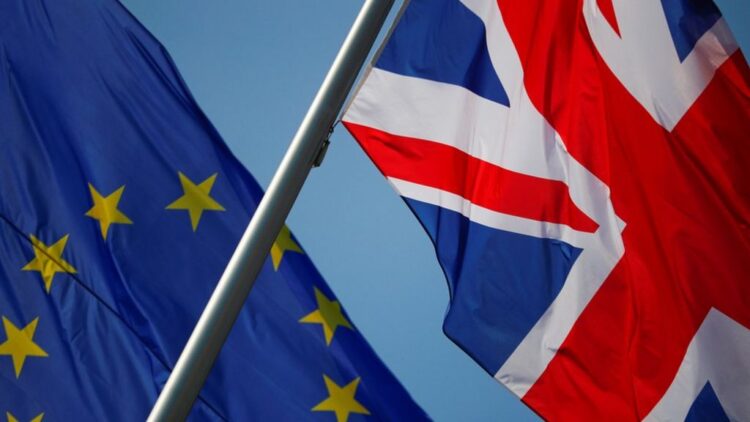By Ben Kerrigan-
The UK and EU have reached an agreement on the manner rules in the Brexit divorce deal will be implemented, particularly in relation to Northern Ireland.
The British government says an agreement in principle has been found for issues including border control posts and the supply of medicines. The government said it will drop parts of legislation that could have seen the UK break international law after reaching an “agreement in principle” on Brexit divorce issues.
The government now plans to withdraw controversial clauses in the Internal Market Bill. However negotiations to reach a post-Brexit trade deal are still ongoing.
The details of the agreement have not been published but are expected to be formally approved in the coming days.
Cabinet Office minister Michael Gove expressed delight and thanked the European Commission Vice-President Maroš Šefčovič for his teams “constructive and pragmatic approach”.
Irish Foreign Affairs Minister Simon Coveney welcomed the news and expressed the hope that this would “provide some of the positive momentum necessary to instil confidence and trust and allow progress in the wider context of the future relationship negotiations.”
The proposed legislation had seen the EU launch legal action against the UK as tensions continued to build. The two sides have struggled to come to any meaningful arrangements in relation to Brexit ever since the UK decided to leave the European Union.
There have been strong feelings that EU chiefs were intent on being difficult to strike a deal, but critics were also opposed to the idea of Britain breaking international laws in relation to the Internal Bill.
The UK government also promised not to introduce any similar measures in its Taxation Bill, which is due to be debated by MPs in the House of Commons later on Tuesday.
Michael Gove: Delighted
The UK and the EU have literally 3 weeks, until 31 December 2020, to agree a trade deal on issues such as fishing rights.
Border checks and taxes will be introduced for goods travelling between the UK and the EU if no deal is achieved.
Under an arrangement known as the Northern Ireland protocol – which is part of the withdrawal agreement – from January, goods will not need to be checked along the Irish border and the region will continue to enforce the EU’s customs product standards rules.
Compliance with EU requirements will mean some checks will be needed on certain goods entering Northern Ireland from Great Britain (England, Scotland and Wales).
In September, the EU expressed anger when the UK government published its Internal Market Bill, which would have enabled ministers to ignore some of the Northern Ireland protocol requirements.




